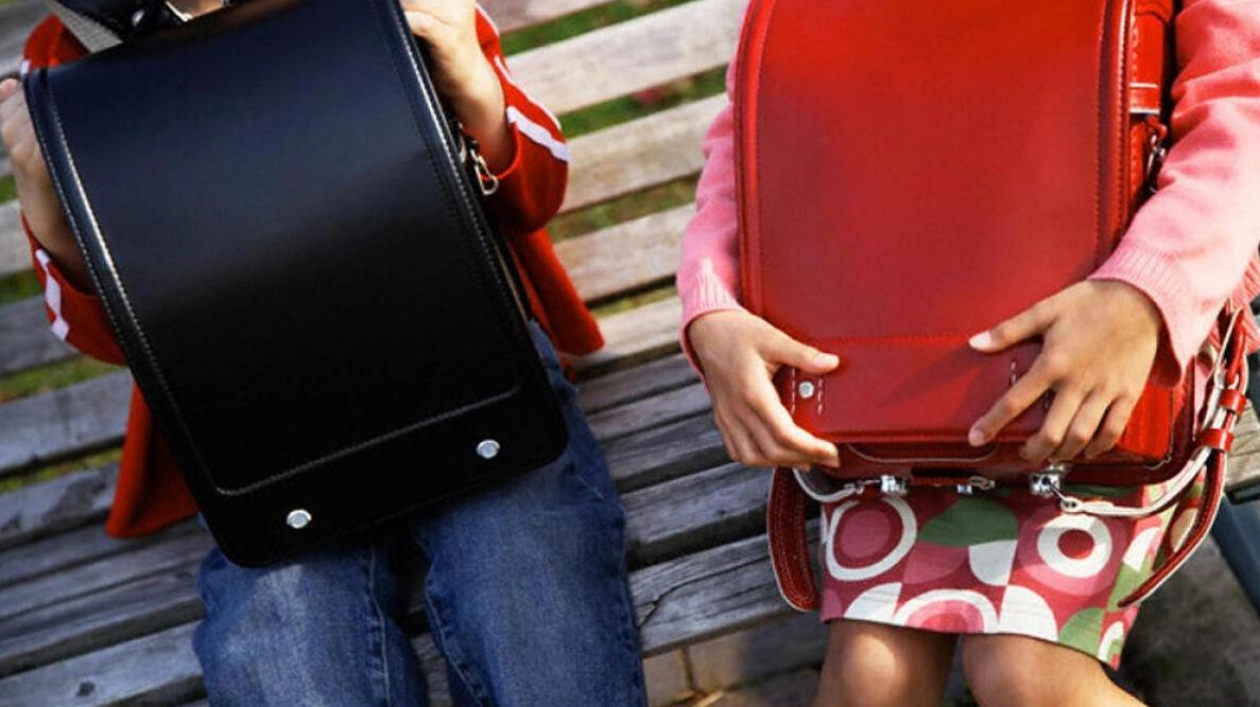Numerous parents are expressing worries about their children's heavy backpacks and are calling on schools to permit the carrying of fewer books. They have highlighted that schools frequently have extensive campuses, necessitating students to traverse long distances or climb stairs, which becomes arduous when burdened with heavy bags. Simultaneously, medical professionals have cautioned about the physical health risks and overall well-being of children due to carrying bags that surpass the recommended weight limit. This not only impacts their academic performance but also their long-term development, according to experts.
Medical advice suggests that a child's backpack should not exceed 20 percent of their body weight. Amna Al Hammadi, an Emirati mother, shared her son's challenges in a parents' social media group. "I was heartbroken when I lifted my 8-year-old son's bag... he has to carry all this weight daily." She noted that while there is an elevator in the school, its use is limited to students with medical conditions. Amna also recounted witnessing children struggling to lift their trolley bags on stairs, stating, "It demands a lot of effort because they can't simply drag them."
Another parent, Muna Mohammed, also discussed her 9-year-old daughter's struggles. "My daughter finds it difficult to carry her bag up the stairs. Last week, she came home complaining of pain in her hands and legs. Children with smaller bodies shouldn't have to bear such heavy loads; it's causing them pain." Um Ahmed, speaking to Khaleej Times, mentioned that books in folders and lunch boxes contribute to the weight of backpacks. "Last year, the bus stop was close to the classrooms, but this year, my daughter says it is far away, and they have to walk a long distance with their heavy bags, making her tired," she said. "I don't understand why the books can't be kept in school to lighten the load."
Doctors have elaborated on the health impacts of heavy backpacks on children. Dr. Mamata Bothra, a pediatrician and Neonatologist at International Modern Hospital Dubai, stated: "Carrying heavy bags can result in neck and back pain. The weight pulls the child backward, compelling them to bend forward at the hips and arch the back to maintain balance. This unnatural posture frequently leads to neck, back, and shoulder pain." Dr. Bothra also highlighted that carrying a bag on one shoulder can strain the arm, while tight straps can cause numbness, tingling, and weakness in the hands. "If not addressed, these issues can lead to long-term posture problems," she warned.
Dr. Sherif Mohamed Mosaad Kamel, a consultant pediatrician and Neonatologist at Zulekha Hospital Dubai, emphasized the emotional and mental effects of heavy bags on children. "The physical burden of a heavy bag often leads to frustration and stress. Children may start to associate school with discomfort, diminishing their enthusiasm for learning. In the long term, this can affect their academic performance and emotional well-being," he said. Dr. Kamel advised both parents and schools to take proactive measures. He recommended parents select ergonomically designed bags with padded straps and compartments to distribute weight evenly. He also suggested that schools provide lockers to reduce the number of books students must carry.






